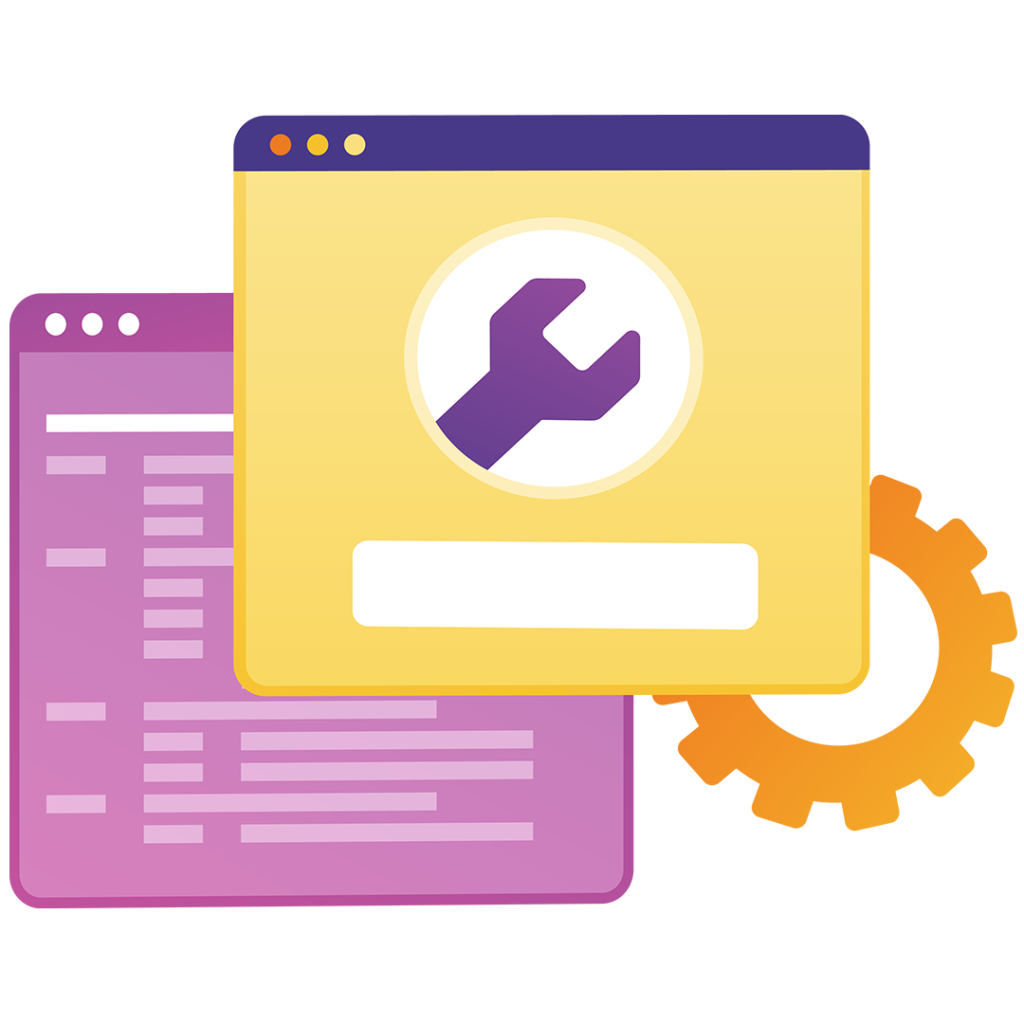A Cross-Site Scripting vulnerability in Microsoft Clarity version 0.3 can cause arbitrary code to run in a user’s browser while the browser is connected to a trusted website. The XSS payload executes whenever the user changes the clarity configuration in Microsoft Clarity version 0.3 stored on the configuring project ID page.
-
Products
Our ASM platform discovers, analyzes, prioritizes, & offers remediation plans for exposures in your known & unknown assets.
Our VI platform delivers threat intelligence & context on the latest cyber threats providing you with actionable insights for remediation.
-
Services

Our vulnerability management continually detects, prioritizes, & plans remediation to protect your entire IT landscape.

Our penetration testing simulates a real-world attack on your digital assets to determine the strength of your security & defenses.
-
Use Cases
- Attack Surface Management
- Continuous Attack Surface Reduction
- Discovery of Known & Unknown Assets
- Assets with Known Ransomware and Exploitable Vulnerabilities
- Non-Production Systems Exposed to the Public
- Monitor Subsidiaries & Acquisitions
- Vulnerability Intelligence
- Early Warning Risk Alerts
- Vulnerability Prioritization
- Tech Stack Alerting
- Actionable Threat Intelligence
- Penetration Testing
- Network & Infrastructure Penetration Testing
- Meet your Compliance Requirements
- Test Your Security Resilience
- Protect Intellectual Property
- Vulnerability Management
- Manage Vulnerabilities & Exposures
- Network & Application Vulnerability Management
- Threat & Vulnerability Advisories
- Vulnerability Validation & False Positive Elimination

-
Partners

As a partner led organization, we are committed to working with our partners to deliver world-class early warning security intelligence solutions that eliminate the adversary advantage & deliver superior security outcomes for your clients.
- Resources
-
About










